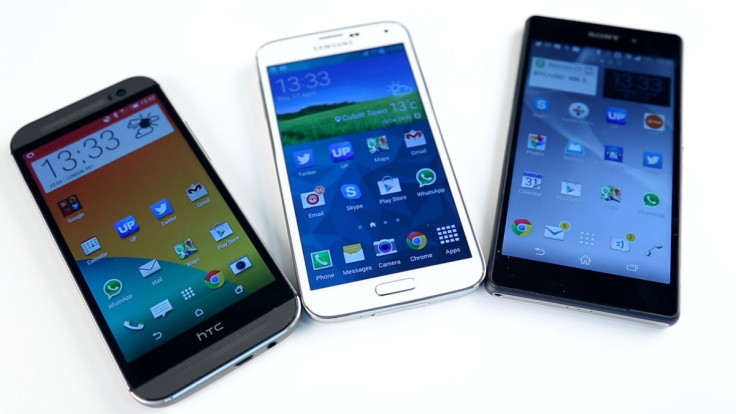Handset fatigue sets in as consumers grow bored of annual smartphone upgrades

Budget-conscious consumers are growing bored of smartphone makers like Samsung, HTC and Sony updating their flagship handsets every year, and are opting for cheaper tariffs over newer phones.
Research from USwitch found the top Android manufacturers suffered a decline in sales at launch of sequential handsets of between 23% and 60%, while the iPhone, although also slowing, gained sales with each annual update.
According to USwitch analyst Ernest Doku, the HTC One (M8) saw sales through the networks 23% lower at launch than its predecessor, the One (M7). The story for Samsung was even worse, with the Galaxy S5 posting 33% fewer sales than the S4.
Meanwhile, Sony's strategy of releasing two new flagships every year isn't working. The Xperia Z2 undersold the Z1 by 42%, while the Z3 sold 60% fewer handsets at launch than the Z1.
Handset fatigue
Doku called this trend "handset fatigue" and explained how consumers ranked ease of use, good signal quality and battery life as the most important aspects of a new phone - not the smorgasbord of features manufactures have crammed into their hero models in recent years.
Driving the decline in demand for annual upgrades is the growth in SIM-only plans. Consumers are opting to keep their older handsets instead of upgrading, and moving to a much cheaper SIM-only deal once their contract ends. Doku said sales of the Samsung Galaxy S5 grew by 25% once its average monthly tariff fell below the £25 per month barrier.
Apple has fared better, with the iPhone 5s outselling the 5 at their comparative launches by 40%, but the most recent model, the iPhone 6, outperformed the 5s by just 25%. "The iPhone isn't the barnstormer we once saw it as," Doku said.
Looking forward, the analyst praised Samsung and its Galaxy Note 4 Edge, which features a display curved around one edge, but said it accounts for "miniscule sales" compared to other flagships. Doku predicted that handset fatigue will remain until at least 2016, when he hopes manufactures will roll out more interesting changes.
Disengaged consumers
Until then, he says consumers have "disengaged" from the handset market and are now much more interested in finding a cheap monthly plan. With software updates making phones feel fresh for longer, consumers are also happier than ever to accept hand-me-downs from friends and family.
Differences in network offerings - such as speed, coverage, price and bundled extras - are now more important to consumers than features of different phones, and a lack of major exclusivity deals (such as when the iPhone launched on O2) mean hardware won't tempt consumers to switch networks like it used to.
Doku's observations come as the industry prepares for Mobile World Congress, the annual trade show where HTC, Samsung and Sony are all expected to announce new flagship handsets - but unless they offer something radically new over last year's models, sales may continue their downward trend.
© Copyright IBTimes 2025. All rights reserved.






















